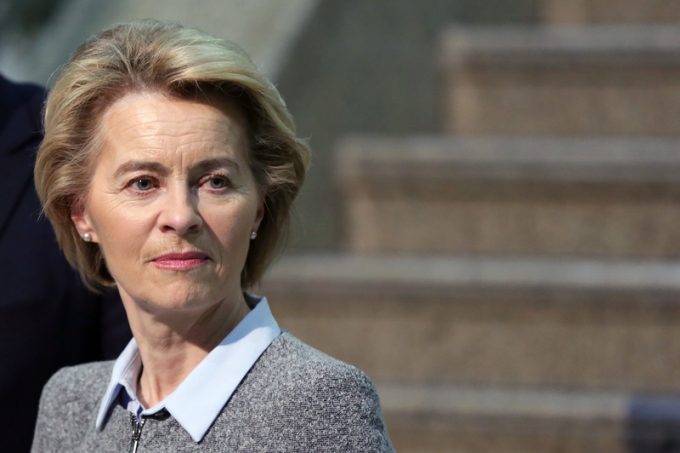India-Africa: Capacity revamp as demand brings rate gains for carriers
India-Africa trade is seeing a reconfiguration of capacity deployment due to the shipping alliance changes ...

�
In what appears to be a first tolling of the death knell for methane-laden LNG, the EU and US-led initiative to cut methane emissions has driven ...

Comment on this article